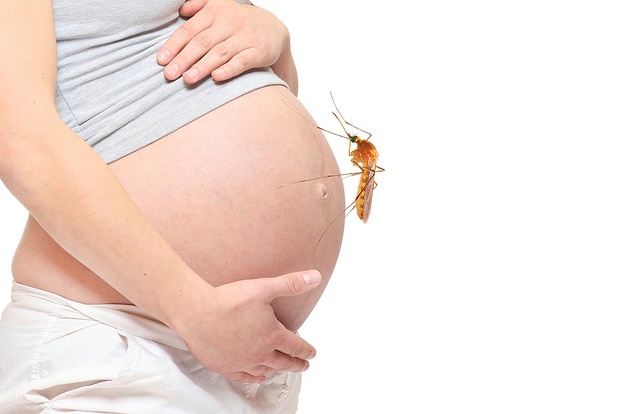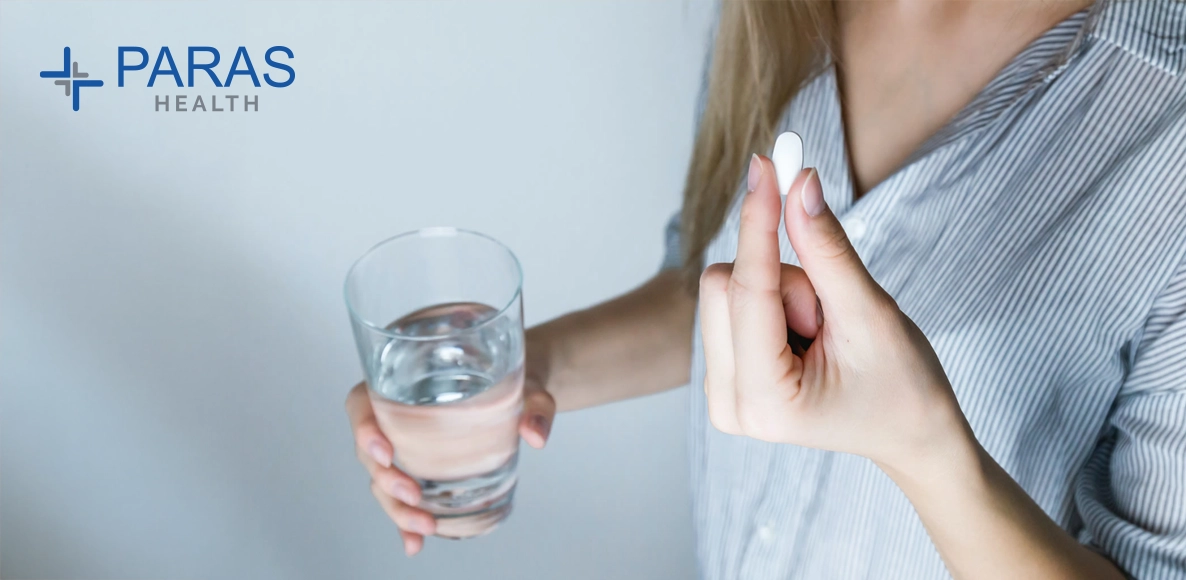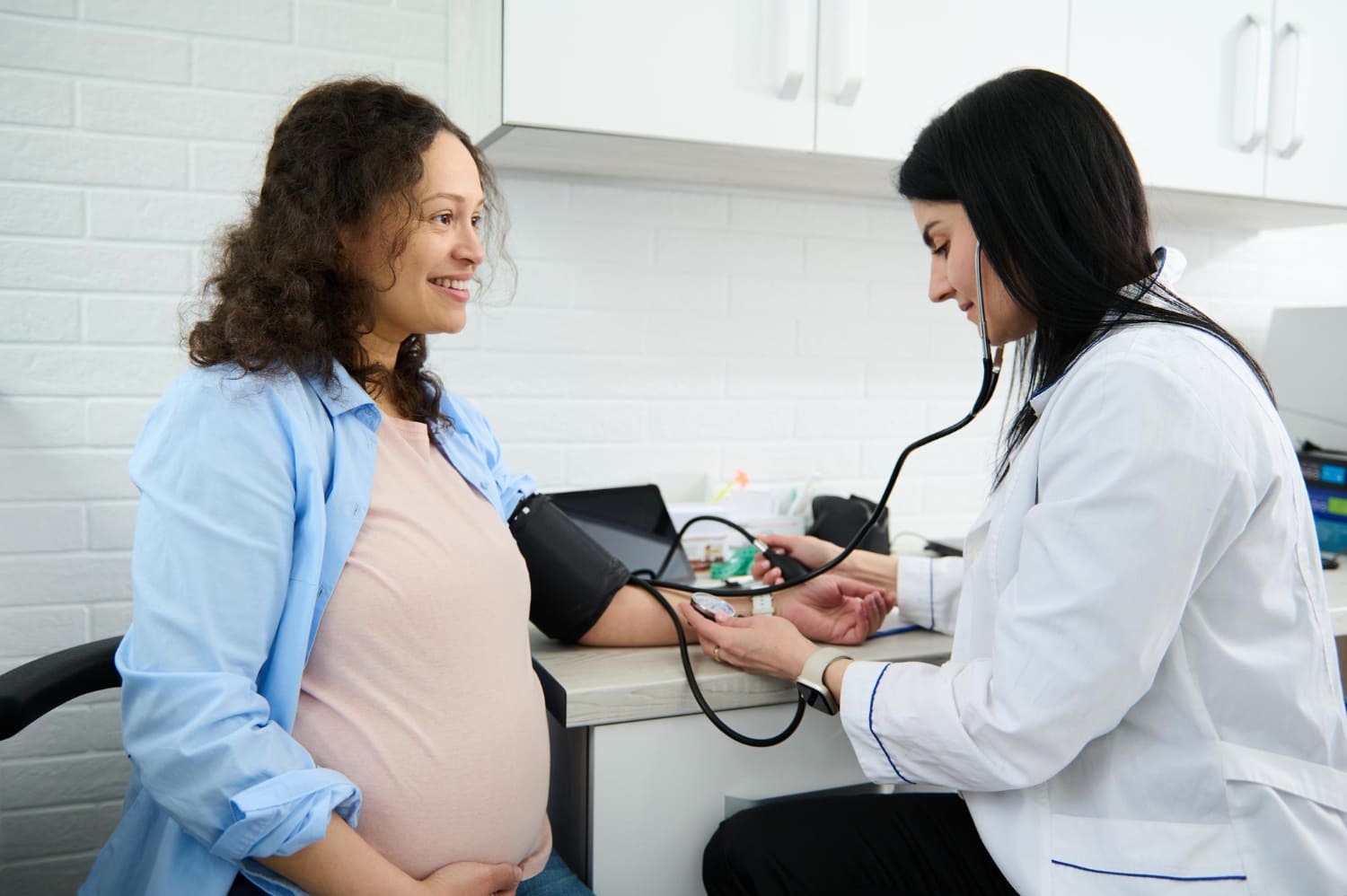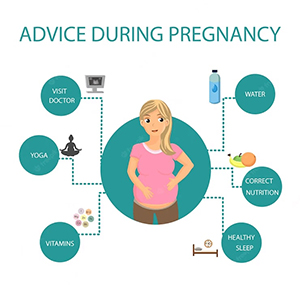Symptoms and Treatment of Dengue in Pregnancy

Apr 19, 2022
Dengue is a mosquito-borne disease which drastically reduces the count of blood platelets and may also prove to be lethal for a patient. Dengue is comparatively much more lethal for a pregnant lady especially the ones who are in their early phases of pregnancy. It may adversely affect the health of both mother and baby. Mentioned below are some valuable insights of rising dengue fever during pregnancy.

Symptoms of Dengue Fever in mother
Sometimes the symptoms of dengue in pregnancy are unnoticed because several physiological transformations already occur in the mother’s body. However the below symptoms when in excess, should not be ignored:-
- Headache
- Rashes
- Multiple joint pains
- Intermitted fever
- Bleeding from gums and nose
Symptoms in the affected baby for Dengue Fever
If a mother is affected by Dengue fever during the time of giving birth, her baby can be stillborn due to low count of blood platelets. Additionally the below symptoms are noticed in the baby born with dengue:-
- Low birth weight
- Fever
- Premature baby delivery
A special care is needed for both baby and the mother if these symptoms occur. Both of them shall be closely observed. The baby should be constantly checked up by some good neonatologist.
Treatment for Dengue Fever:
- Rest – Adequate amount of rest of compulsory or the infected mother to enable her body to compensate against the stress that she is suffering from. Hospitalizing the patient to give her adequate care & observation, may become necessary.
- Medications– It is a matter of high risk to consume excessive medicines in pregnancy because it may affect the baby and may also result in organ failure in the affected mother. Most of the medicines are usually contraindicated in both pregnancy and dengue, hence making it highly complicated to cure. We shall consult a specialist for avoiding any more complications. Medicines with aspirin and ibuprofen must be avoided.
- Adequate diet– Dietary supplements are needed for avoiding giddiness & fatigue. Additionally, a patient should consume plenty of water and avoid dehydration. Milk & dairy products must be taken in abundance.







